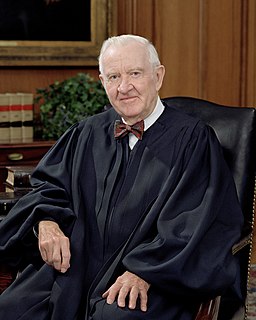A Quote by Moshe Arens
The United States does not have a very good record in the Middle East. I think they have the best of intentions but I think the problem is that it's very difficult from Washington, or from Iowa or Nebraska to understand what is happening in this crazy part of the world. In some cases US diplomacy has been somewhat naive.
Related Quotes
I think the public is very reluctant to get involved in more foreign wars, especially in the Middle East. And they understand, implicitly, that we go to war in the Middle East because of oil. And if we don't want to go to war in the Middle East, then we have to do something about the oil problem. And I think that view is gaining ground in the U.S.
Baseball doesn't seem very important on a day like this...When you live in the United States and you think it's the greatest country in the world, you feel somewhat protected and immune. You read about [terrorism] happening in other parts of the world. A day like this makes you rethink. A lot of us really have a false sense of what the world is really like.
This is one thing that's very interesting, how the people on the left always talk about separation of church and state. When you look at the theocracies all across the Middle East, where we look at constitutions that are based upon the Qur'an, I don't think you want to see that happening in the United States of America. So it is a theocratic political construct.
I thanked the President [George W. Bush] for the steadfastness and resolve with which he's tackling the very complicated problems in the Middle East and Iraq, as well as the Israel-Palestinian issue.... It's critical for us in Southeast Asia that America does that.... because it affects America's standing in Asia and the world, and also the security environment in Asia because extremists, the jihadists, watch carefully what's happening in the Middle East and take heart, or lose heart, depending on what's happening.
Pope John Paul II was fascinated by the United States. And I think he was initially surprised at the vigor of the Catholic Church in the United States. Maybe some of the press that we had gotten he found wasn't true. No, I think he suspected the church in the United States. Did he challenge us to some things? Sure, he did. But, no, I always - I think there was a good alliance. There was a good gel there.
There has been sort of, if you will, a moral interventionism on the part of the United States trying to reshape countries in our own image. Now, we had to go into Afghanistan. We didn't have to go into Iraq. But the idea that you could create a Vermont in the Middle East like that was naive from the beginning.
Japan's very interesting. Some people think it copies things. I don't think that anymore. I think what they do is reinvent things. They will get something that's already been invented and study it until they thoroughly understand it. In some cases, they understand it better than the original inventor.
But I really think it's a very unfortunate part of our judicial system and I would feel much, much better if more states would really consider whether they think the benefits outweigh the very serious potential injustice, because in these cases the emotions are very, very high on both sides and to have stakes as high as you do in these cases, there is a special potential for error. We cannot ignore the fact that in recent years a disturbing number of inmates on death row have been exonerated.
We're going to show great heart. DACA is a very, very difficult subjects, one of the most difficult. You have these incredible kids in many cases, not in all cases, in some of the cases they are gang members and drug dealers, too. But you have some absolutely incredible kids, I would say mostly. They were brought here in such a way, it's a very, very tough subject.

































